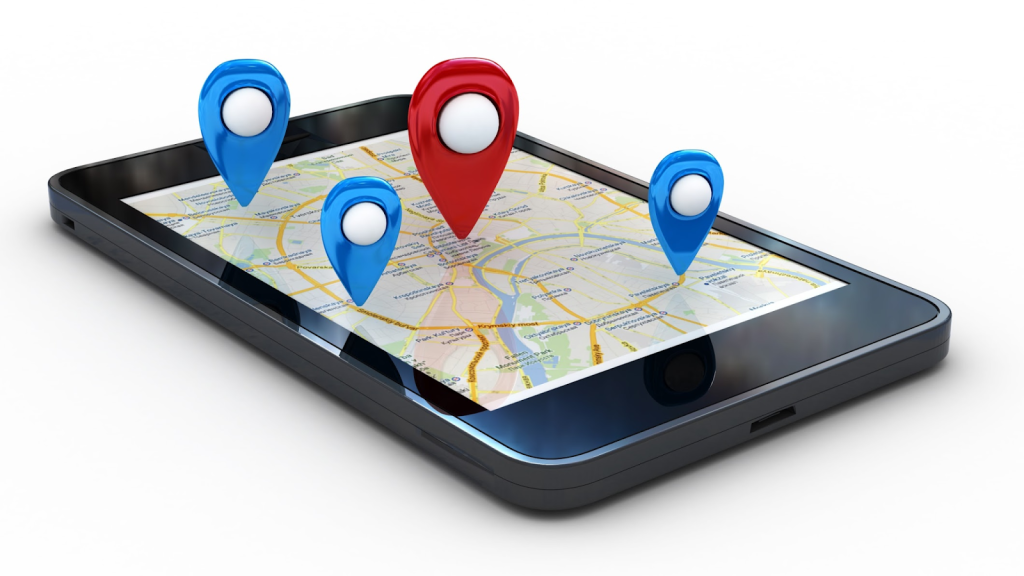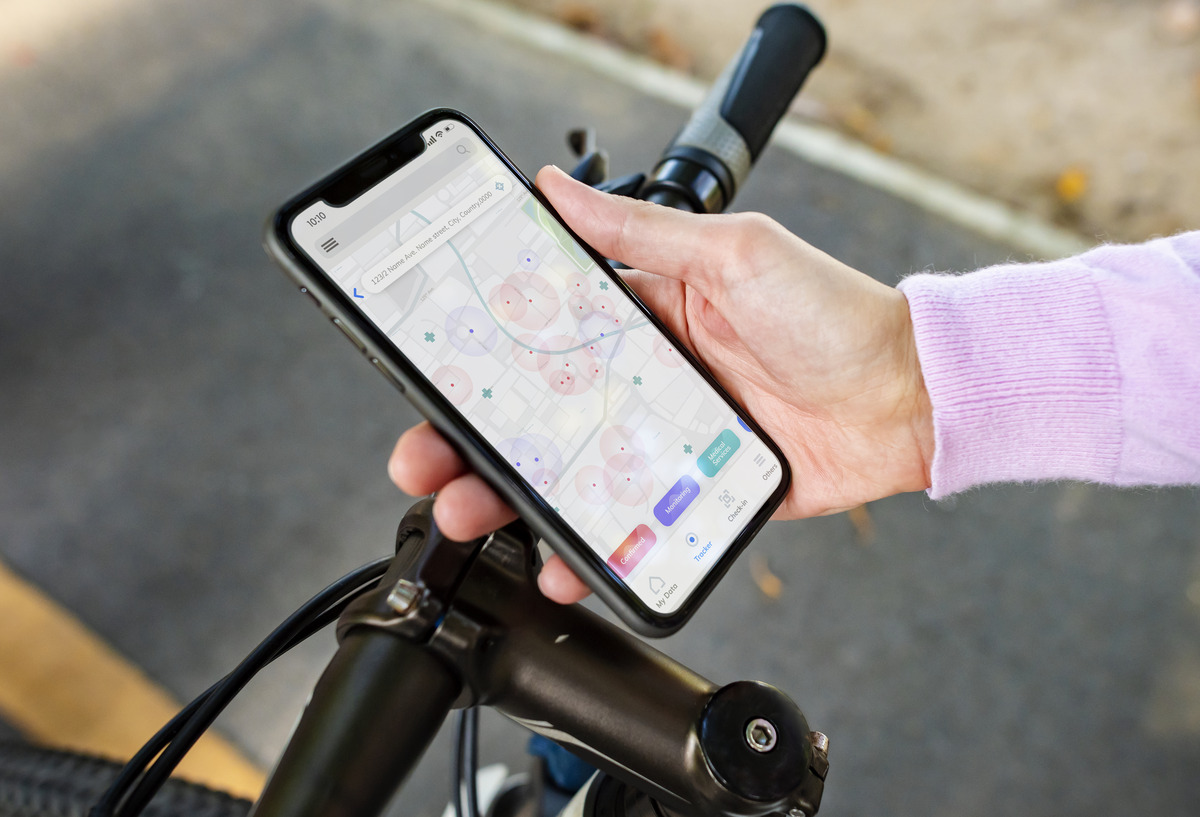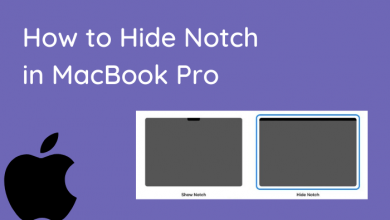When was the last time you clicked ‘Permit’ in a pop-up on your smartphone to let some app access your location? Chances are, you’ve done it so often that the significance of the act has long blurred, and now it’s something you don’t think about at all.
Our article only deals with this aspect of data snooping – your location. In its course, we shall ask some questions and hopefully bolster your awareness of tools such as cell phone number location tracker apps that are of great help for location data management.

Contents
Is Your Location Data Really Threatened?
The increasingly safe digital environment contributed greatly to a relaxed attitude among the users. When all apps undergo at least a superficial check-up before entering the App Store or Google Play, there is little reason to get concerned. Or is it?
Since we’ve established that the security efforts of Google and Apple constitute the first line of defense – efficient but far from perfect, it makes sense to examine what happens when an overly curious app ends up on your phone. Spoiler: most of the time, it’s you, the user, who lets them feed on your data.
Who Can View Your Location Data?
Who can view your location data extends beyond the app that initially requested access. When you let an app access your location, you also permit a wider network of entities than you may be okay with. These include, but aren’t limited to:
- The operating system;
- The app’s developers;
- Their parent companies;
- Any third-party services they collaborate with.
This has multiple implications, including the possibility of locating the user’s phone number with ease.
As mentioned, iOS and Android collect and store location data, often for system-level functionalities like location-based alerts and weather updates. While this data is generally anonymized, there have been instances of security breaches that have exposed user location data.
How Do They Access Your Location Data?
Your location data can be accessed through various methods, both direct and indirect. The most common methods include:
- Location services. GPS chips found in every smartphone can pinpoint your location with high accuracy. Apps can access this data using location services, which require your explicit permission.
- Wi-Fi and cell networks. Your phone constantly scans for nearby Wi-Fi networks and cell towers. If accessed, the data can be used by a location number tracker to estimate your location, even without GPS.
- SIM card data. Your phone’s SIM card provides location data to your carrier. It is used for billing and network optimization but can also be shared with third-party companies and fall prey to a location tracker by phone number.
- Bluetooth beacons. These are small devices that emit unique identifiers. When your phone comes within range of a beacon, it can identify the beacon and use that information to estimate your location.
- Data brokers. Companies collect and sell user data from app usage and social media activity. This data can include your location, which makes it quite convenient for advertisers to target you with personalized ads.
Breaking the Monopoly on Location Data
By this point, it may seem that the pretty private matter of your whereabouts is nothing but a toy in the tentacles of a worldwide corporate conspiracy, but worry not – there are still means to reduce or eliminate someone’s access to it and even manage this information in ways that benefit your own needs.
For starters, let’s take a look at ways to limit outsider access to your location data:
- Think twice before sharing. Only grant access to location data when it’s essential for the app’s functionality.
- Restrict the location services. Keep location services turned off by default – this will minimize the amount of time your location data is being collected.
- Limit high-accuracy tracking. With the precision option turned off, you reduce the chances of getting pinned down by a cell phone number location tracker.
- Tweak your background apps. These can access your location even when not in use—Disable location services for these apps for less unnecessary tracking.
- Use location-specific settings. Some apps allow you to restrict their location access while in a specific city or neighborhood.
- Review app privacy policies. Take the time to understand how an app collects, uses, and shares your data. Developers thrive on people who neglect this.
- Try location masking. Some apps scramble or anonymize your location information before sharing it with apps.
- Prevent third-party sharing. Check if an app shares your data with third-party companies. If not explicitly stated, assume that it does.
Now that the data tycoons got their well-deserved slap on the wrist, let’s see how you can use location tracking for your good:
The Capabilities of Number Trackers
Using a location tracker by phone number sounds like something out of spy thrillers, but it’s a mundane parental control tool for many. If your children are already in their combustible teen years and you don’t feel like lecturing them on the merits of tracking, let alone trying to make them wear an AirTag, apps like LocationTracker.mobi offer a covert and simple solution.
No one knows your child better than yourself, so you are guaranteed to succeed in making them willingly share their location with the app. This is done by sending an anonymous location-sharing request via SMS – once accepted, their phone will appear as a dot on the map integrated into the app’s website. LocationTracker.mobi doesn’t require installation and supports real-time tracking, location history, and half a dozen extra features you might find useful, too.
Bottom Line
Our dystopian era dictates that data is a product, and there’s no reason why you should sell yours short – or sell it at all. Thankfully, safeguarding your location data takes a mere couple of clicks in most cases, and there’s no reason you should jeopardize your privacy due to negligence. Instead, we invite you to assume full control of your digital profile and use it to protect your interests and care for your loved ones.



